"Southeast European countries have great ambitions but they all share the frustration with the slowness of the process. At the same time, some EU countries, and Croatia is not one of them, have deep reservations and advocate a much more gradual process," Pleković said after a summit meeting of the Berlin Process, an initiative designed to help maintain efforts on the integration of EU aspirants in southeast Europe amid enlargement fatigue.
"We have the political and leadership role to try to reconcile those two feelings that currently exist and to establish, in a realistic and sober way, what can be expected for our neighbours in the next decade," he added.
Plenković underscored that during its presidency of the Council of the EU, Croatia would organise an EU - Southeast Europe summit in May next year, which would be "an opportunity to realistically assess what can be done with regard to the pace of each of those countries in terms of their drawing closer to the EU in the next ten years, in the context of the new EU institutions, the new budget framework and the changed atmosphere and mood toward enlargement in some big EU member states."
He announced that Croatia would prepare very carefully for that summit and that he would visit all the countries in southeast neighbourhood and talk with key EU partners.
"I want the summit in Zagreb, to be held 20 years after the first summit of that nature, to be a reference summit and to be concrete so that European prospects do not end up being just a euphemism," said Plenkovic.
He believes that the Berlin Process, launched in 2014, is a worthwhile move designed to fill the void that occurred in the process of integration of southeast European countries with the EU and that should not have occurred.
Twenty years ago, in November 2000, at the first summit of EU leaders held outside the EU, in Zagreb, a dialogue was established with southeast European countries in an effort to integrate them as soon as possible. Three years later, in June 2003, the second EU-Western Balkans summit was held, and after that a full 15 years had to pass before the next such summit, which was held in Sofia in 2018.
The hope of faster integration of those countries with the EU was extinguished at the Sofia summit by French President Emmanuel Macron, who said that there would be no new enlargement until the EU was reformed internally so that it could be more efficient.
He reiterated that just a few days ago.






Komentari
0